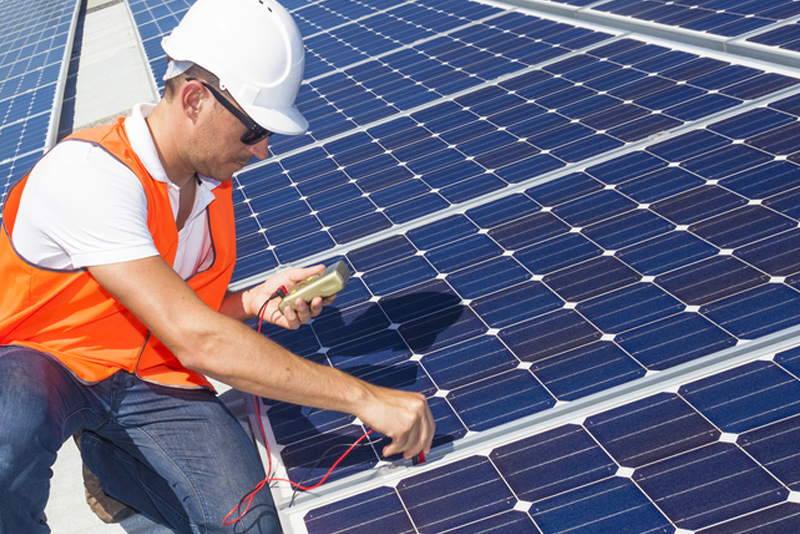
Image Source: Google
As the world continues to shift towards sustainable energy sources, solar power has emerged as a frontrunner in the renewable energy revolution. With advancements in technology and increasing awareness about the environmental impact of traditional energy sources, solar panel installations have seen a significant uptick in recent years. This article delves into the trends shaping the future of solar panel installations and the impact they are poised to have on the energy landscape.
The Rise of Solar Energy
1. Increasing Affordability
- One of the primary drivers behind the growth of solar panel installations is the decreasing cost of solar technology.
- Advancements in manufacturing processes and economies of scale have led to a significant drop in the price of solar panels.
- Government incentives and rebates further reduce the upfront cost of installing solar panels, making them more accessible to homeowners and businesses.
2. Environmental Considerations
- Concerns about climate change and greenhouse gas emissions have prompted individuals and organizations to explore clean energy alternatives.
- Solar power offers a sustainable solution that generates electricity without producing carbon emissions, making it an attractive option for those looking to reduce their environmental footprint.
- By harnessing the power of the sun, solar energy helps combat climate change and contributes to a cleaner, greener future.
Technological Innovations in Solar Panel Installations
1. Solar Panel Efficiency
- Ongoing research and development efforts are focused on increasing the efficiency of solar panels to generate more electricity from sunlight.
- New materials and design improvements are enhancing the performance of solar cells, allowing for greater energy production in varying weather conditions.
- High-efficiency solar panels are becoming more prevalent in the market, offering consumers higher energy output and better returns on their investments.
2. Energy Storage Solutions
- One of the challenges of solar energy is its intermittent nature, as sunlight is not always available for power generation.
- Energy storage technologies, such as batteries, are being integrated with solar panel installations to store excess energy for use during periods of low sunlight.
- This capability enhances the reliability of solar power systems and enables users to maximize their energy independence.
The Future Outlook for Solar Panel Installations
1. Growth Opportunities
- The solar energy sector is poised for continued growth, driven by increasing demand for clean energy solutions and supportive government policies.
- Emerging markets around the world present new opportunities for solar panel installations, as countries seek to diversify their energy sources and reduce reliance on fossil fuels.
- Technological advancements and cost reductions will further accelerate the adoption of solar power, making it a mainstream energy option in the years to come.
2. Integration with Smart Technologies
- Solar panel installations are increasingly being integrated with smart technologies to optimize energy production and consumption.
- Smart inverters, monitoring systems, and energy management software enable users to monitor their energy usage and make informed decisions to maximize efficiency.
- This integration paves the way for a more interconnected energy system that leverages data and automation to enhance performance and sustainability.
In conclusion, the future of renewable energy lies in the hands of solar power, with solar panel installations playing a pivotal role in the transition to a cleaner, more sustainable energy landscape. As technology continues to evolve and costs decrease, solar energy will become an increasingly accessible and viable option for individuals and businesses looking to reduce their carbon footprint and embrace a greener future.